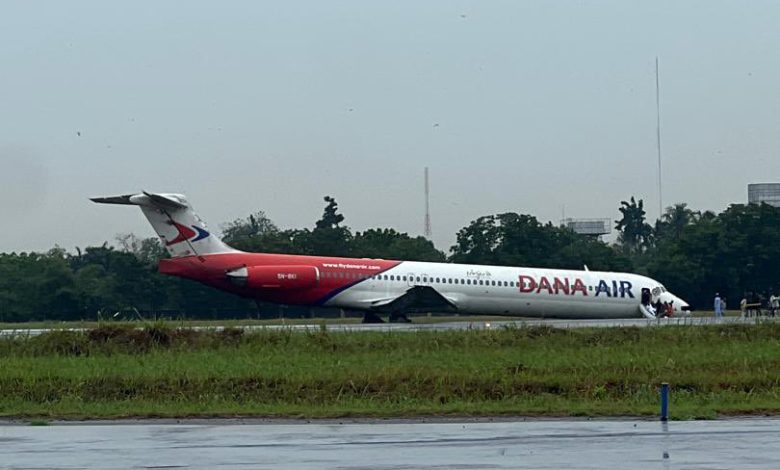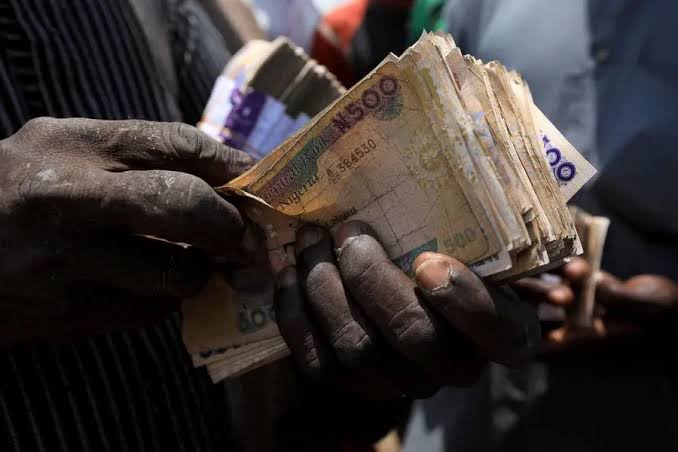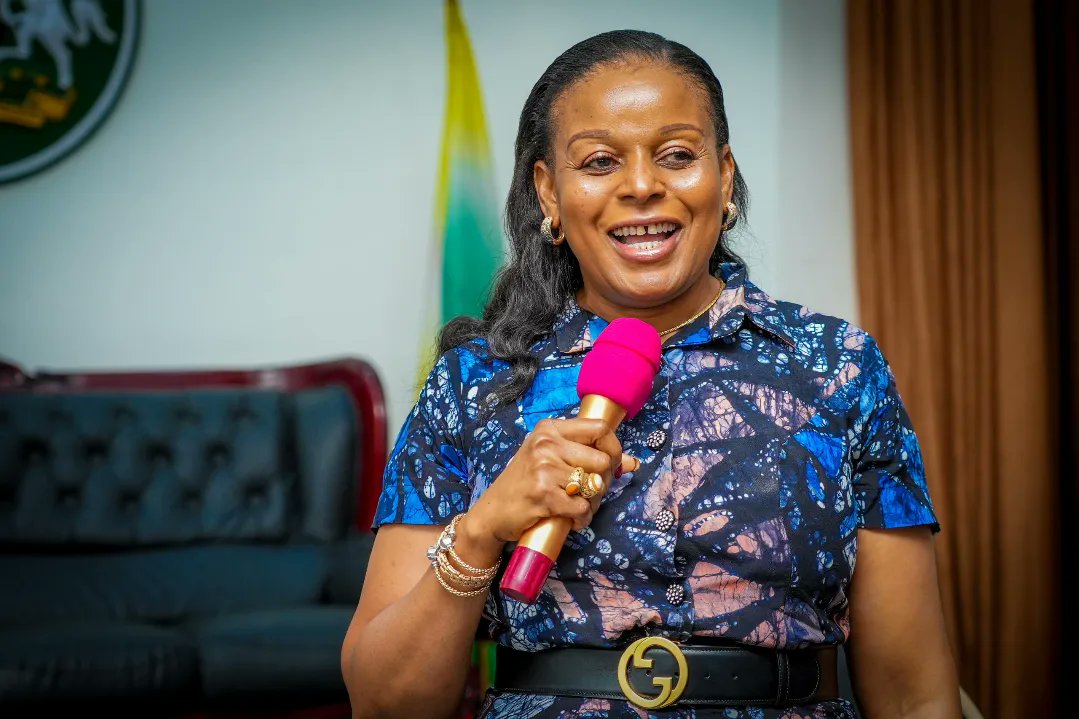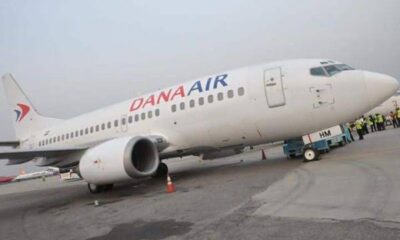Business
Financial steps you must take before you relocate abroad

The rate at which young Nigerians are moving to wealthy countries —a trend dubbed as “Japa” in recent years—is no longer breaking news.
The Japa syndrome represents the massive exodus of Nigerians to other countries, especially among the youth. Nigerians who want to better their lives for themselves and their families are now using the fad as an escape route.
UK Home Office data show Nigeria had the highest number of migrants to the United Kingdom (UK) in the year ending June 2022 and was the third most common nationality in the country.
Many young urban-based Nigerians have listed leaving the country as one of their top priorities for 2023.
Poor living conditions, an increase in insecurity, economic uncertainty, the impending general elections, a change of government, and drastic reforms like the removal of fuel subsidies are some of the main drivers behind this choice.
However, Japa calls for careful preparation and careful budgeting. Imagine the preparation required for a move across the world—moving to a different city can be difficult enough.
Build a culture of saving and be financially disciplined
It’s critical to start saving money before relocating. Your specific situation, like the size of your family, your housing situation, and whether you want to work, will affect how much you need.
But you should at least have enough to pay for the expenses associated with setting up your residence, such as the security deposit and the first month’s rent.
Saving money for your first few months of living expenses may also be advantageous, particularly if you intend to hunt for work after moving.
By choosing to be thrifty now, you will be able to afford a better financial future since you will be able to avoid debt.
Unexpected events can be covered with emergency money. Consider what an emergency might be for you while creating a budget for your emergency fund.
A high-deductible insurance plan may cover some of the costs of theft or medical care. If seeing your family again is vital to you, set aside money so you may purchase a plane ticket at any moment.
Many nations demand money before allowing you to immigrate permanently or just temporarily.
This is frequently known as proof of funds. For instance, the UK demands you to show proof of finances for each member of your family as well as yourself.
Move your Finances online
Before you Japa, you should shift as much of your finances online as you can. This includes any debts you are still repaying as well as any bank accounts that will stay open. Make sure the organizations have the correct contact information for you and let them know you’ll be relocating abroad.
Ask a close relative or friend if you can use their house as a “care of” address if a bank or other financial institution requires that you have an address in the same nation.
Make sure the organization has a direct email address they may use to reach you as well.
Include the cost of healthcare and insurance
Depending on the needs of your destination, choose your healthcare and insurance options. Regardless of requirements, insurance lessens the strain of a cross-border transfer.
Having good health insurance prevents medical issues from ruining your trip. You can get more assistance in the event of crises and thefts thanks to travel insurance. You can discover a coverage that fits your budget with the aid of a reputable insurance provider.
Find a side gig
A side hustle is extra paid employment you conduct in addition to your primary job. The variety of side jobs available today is also infinite!
You can write, code for a living, run an online school, and sell physical or digital goods on Amazon, Instagram, etc.
You can make some extra spending money or save for your future abroad by working just a few hours a week on your side gig.
Learn to use exchange rates properly
Be sure to learn the use of the exchange rates before you depart. Getting a decent rate starts with being knowledgeable.
It will save you a lot of money by preventing you from exchanging the money at a highly unfavourable rate.
To stay informed of any significant changes, find this information before you leave on your journey and check the rate occasionally.
Utilize a debit card with negligible or no foreign transaction fees as well as no ATM fees.
The ATM costs are per transaction, so if you can’t avoid them, keep in mind that you can frequently save money by making one larger withdrawal as opposed to several smaller ones.
Business
Dana Air initiates refunds following suspension by NCAA for safety audit

Dana Air has announced that it is processing refunds for flights affected by its recent temporary suspension.
The Nigeria Civil Aviation Authority (NCAA) imposed the suspension to conduct a safety and financial audit following a runway incursion incident involving one of the airline’s aircraft on Tuesday.
The airline disclosed this information in a statement on its official X (formerly Twitter) account on Wednesday, apologizing for the inconvenience and disappointment the suspension may have caused its passengers regarding their travel plans.
According to Dana Air’s statement, passengers who have already booked flights are instructed to send their flight booking details (PNR) and bank account numbers to contact@flydanaair.com for refunds.
- “In light of the suspension, we understand that you may have concerns regarding your bookings and travel plans. We assure you that we are processing refunds for affected flights over the next month.
- “To expedite this process, we kindly request that passengers send their booking details (PNR) and bank account numbers to contact@flydanaair.com,” the statement read in part.
The statement also assured Dana Air customers that the airline is fully cooperating with aviation authorities to address any concerns and ensure that the matter concerning the suspension of its operating license is swiftly resolved.
Business
Naira falls to N1,300/$ at parallel market

The naira, on Wednesday, depreciated to N1,300 per dollar at the parallel section of the foreign exchange (FX) market.
The current FX rate signifies a 3.17 percent drop from the N1,260 traded on April 22.
Currency traders, known as bureau de change (BDC) operators, quoted the buying rate at N1,260 and the selling price at N1,300 — leaving a profit margin of N40.
At the official window, the naira fell to N1,308.52 against the dollar — a 0.64 percent decline from the N1,300.15 traded on April 23.
According to the FMDQ Exchange, a platform that oversees official FX trading in Nigeria, the naira recorded a high of N1,367 and a low of N1,098.
With the current record, the official window rate still surpasses that of the parallel market by N8.52.
The Central Bank of Nigeria (CBN), on April 23, reduced the FX rate for dollar allocations to BDC operators.
The financial regulator, in a circular signed by Hassan Mahmud, director of trade and exchange department, said it sold $10,000 at the rate of N1,021/$ to each BDC.
On April 8, CBN also sold FX to the BDCs at the rate of N1,101/$, compared to the N1,251 the apex bank offered to the parallel market operators on March 25 and the N1,301 announced on February 27.
Business
Economic hardship: Soludo’s wife advises Anambra women to embrace backyard gardening

Nonye Soludo, the first lady of Anambra, says women in the state should embrace backyard garden practice to help their families cope with the rising cost of living.
Nonye, the founder of Healthy Living Initiative, spoke when she received a group of Anambra female farmers and businesswomen in Awka, the state capital.
She said home garden practices have helped families as primary and regular sources of diet and nutrition
The Anambra first lady said backyard gardens would also reduce dependence on commercial food products which are mostly expensive.
“Economic circumstances do not completely determine healthy living practices, including the choice of what we consume to keep the body in good shape,” she said.
“We also need to dispel the notion that eating healthy is about eating expensive food products.
“You only need to go to the small farm behind your house to pick up what the body needs to be healthy.
“This is why I am encouraging families to embrace backyard or home gardens and this is in line with the state government’s agricultural agenda.
“Those who live in areas without enough land for subsistence farming purposes can adopt sack farming, which does not cost anything to set up.
“By having such farms around the house, households can have easier and healthier alternatives, cut down their costs of living and boost the green environment.’’
Nonye said her healthy living campaign aims to sensitise households on adopting healthy living as a culture.
“One of our goals is to ensure that families in Anambra prioritise nutritional values of what they eat to improve their family health,” she added.
On her part, Esther Onyekesi, the leader of the group, said women have a major role to play in food production and should be given every necessary support.
Onyekesi, who is also the women’s leader of the All Progressives Grand Alliance (APGA) in the state, encouraged her colleagues to key into backyard farming to enhance food security.
She added that the recent hike in prices of foodstuffs should encourage everyone to go into farming.
-

 Business1 week ago
Business1 week agoX will start charging new users to post, says Elon Musk
-

 Entertainment1 week ago
Entertainment1 week agoJUST IN: Cubana Chief Priest pleads not guilty to naira abuse charge
-

 News1 day ago
News1 day agoFAAN reopens Lagos airport runway after Dana Air incident
-

 Entertainment1 week ago
Entertainment1 week agoCubana Chief Priest arrives court for naira abuse trial
-

 Celebrities1 week ago
Celebrities1 week ago‘Not see you for 6 months, impossible’ — Davido reacts to Cubana Chief Priest’s bail
-

 Business6 days ago
Business6 days agoElon Musk threatens to suspend X accounts doing engagement farming
-

 Celebrities1 week ago
Celebrities1 week agoKai Cenat threatens to sue OnlyFans model, Layla Red who leaked their chats
-

 World1 week ago
World1 week agoDubai international airport cancels flights as flood ravages runway, UAE


















